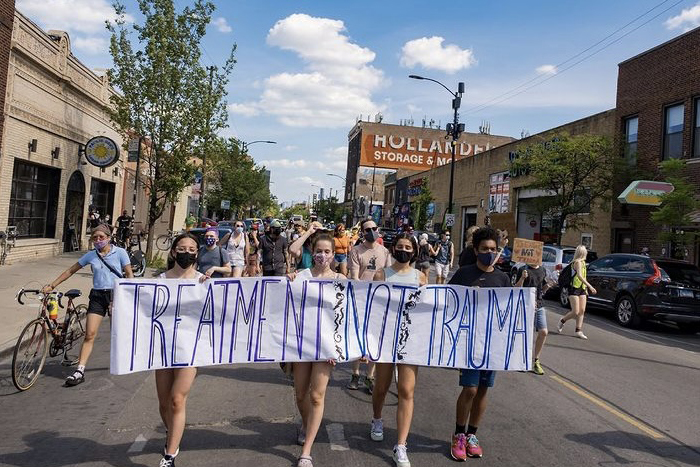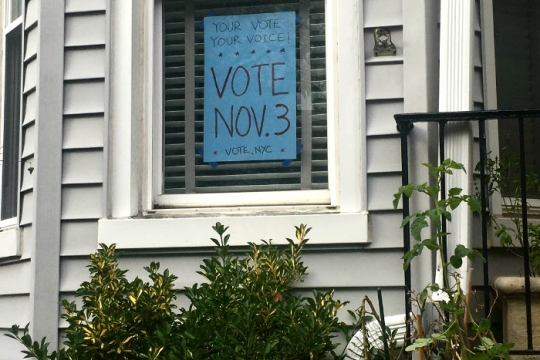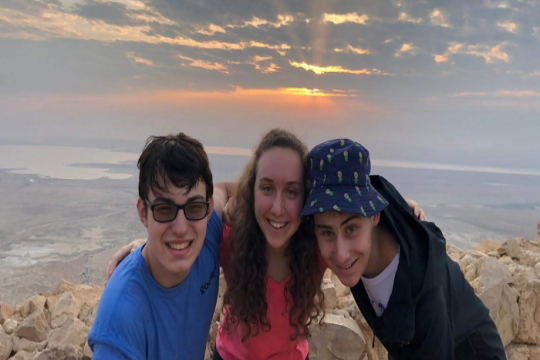
My experience with the RAC Teen Racial Justice Fellowship was so amazing. I learned so many skills that were applicable to several different aspects of my life. After each lesson, I found myself thinking about the lessons we had been taught, and this made me realize how impactful and important participating in the fellowship was. This knowledge was incredibly helpful to me as I was planning a virtual teach-in with peers from my school.
For my project, I worked with a group of friends from my high school and an organization called Treatment not Trauma. This organization is trying to create alternatives to police for people to call when they or others are in a mental health crisis. They are also working to generally increase the availability mental health services in Chicago. The police are not equipped or adequately trained to respond to people experiencing a mental health crisis, and interaction with police for people in crisis often leads to death or imprisonment. Most times, the police do not help people in need. These interactions have disproportionately injured and killed People of Color.
Treatment not Trauma is doing a lot of work to change this and create alternatives. Their program takes a lot of inspiration from the Kahoots program in Oregon. They suggested we help promote and plan a rally for Treatment not Trauma. We decided to plan a teach-in over Google Meet to teach people about this organization and what they are doing as well as promote the rally. Twenty people ended up coming to our teach-in, and we presented the slideshow that we had prepared. We contacted people to speak at the rally and two members of our group spoke, as well. There were many other organizations that promoted the rally and did such a great job to make it an incredible event. There were a lot of great students who spoke. We marched to a mental health clinic that had been closed along with many other clinics and has been converted into a bar. I learned a lot about organizing. It was very powerful to see so many people at the rally and teach them about something my peers and I were passionate about. I think it is amazing how many organizations are fighting for justice; I was really grateful to be able to work with Treatment not Trauma.
In the process of planning our teach-in, I used so many skills that were taught in the fellowship. I knew that if we wanted our turnout to be 20 people, we would have to contact more than 40 people. We contacted clubs that we thought would be interested in our event, we asked newsletters to include our flyer and placed ads that shared when our event would be. We asked our teachers to share the flyer on Google Classroom and contacted many of our friends to ask if they would be interested in attending our teach-in. We were very happy to have 20 people attend, and it went very well. At the end of our teach-in, we talked about the upcoming rally and asked those interested to leave their contact information so we could provide more details.
I learned so much about organizing and planning events from this fellowship, as well as how racial inequality affects almost every facet of life, and about some amazing organizations that do important racial justice work around the country. Not only was this fellowship extremely impactful; it taught me so much and it gave me an opportunity to connect with some amazing people. I am so grateful to have been able to participate in the racial justice fellowship, and strongly recommend that anybody who has the opportunity to participate in a fellowship does so.
Related Posts

How the RAC Helped Me Become a More Confident Community Organizer

